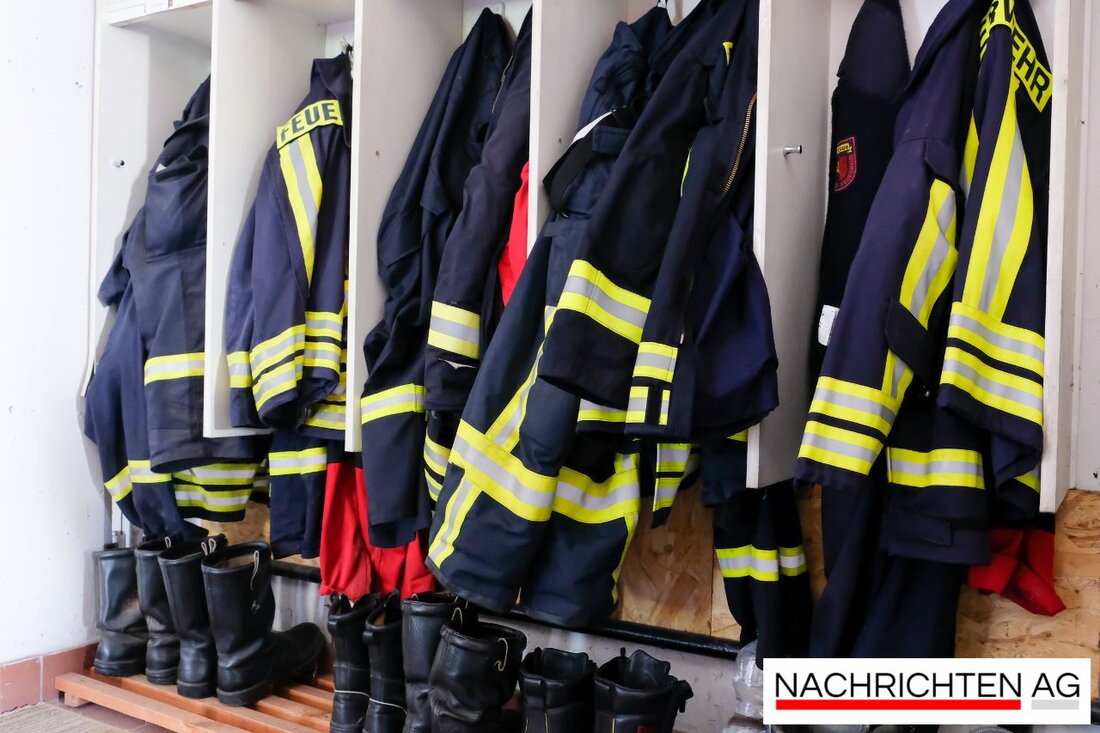Schwerin is planning its annual Civil Defense Day: This is how we prepare!
Schwerin is planning an annual civil defense and disaster protection day from 2026 to better prepare the population.

Schwerin is planning its annual Civil Defense Day: This is how we prepare!
The city of Schwerin plans to organize a civil defense and disaster protection day every year from 2026. The aim is to inform the population about correct behavior in the event of a disaster. Given the challenges posed by crises, extreme weather-related events and frequent power outages, this day of action is an important step in raising awareness among citizens. A proposal from the CDU parliamentary group highlights the relevance of preparation for both civil protection and disaster protection as well as for the general public. Loud NDR The event is also intended to put the spotlight on the valuable work of the fire department, the Technical Relief Agency (THW) and numerous aid organizations.
But the devil is in the details: Due to a lack of financial resources, the first day of 2026 is initially planned on a smaller scale. However, a more extensive program could be implemented from 2027. This foresight is necessary in view of the dynamic developments in security policy, as is also expressed in the current coalition agreement between the CDU, CSU and SPD for the legislative period 2025-2029. This contract announces a “Pact for Civil Protection”, which includes strengthening critical infrastructures and the introduction of an overarching operational plan (OPLAN), such as subject area5 reported.
The legal framework and the challenges
Civil protection in Germany is regulated by the Federal Civil Protection and Disaster Relief Act (ZSKG). The Federal Office for Civil Protection and Disaster Assistance (BBK) works closely with the federal states to ensure effective hazard prevention. Tasks in civil defense include, among other things, warning the population, self-protection and measures to protect health. The federal government relies on the disaster control units of the states, which plays a central role in operational implementation in the event of an emergency. The clear structure of this cooperation is crucial in order to be able to act quickly and purposefully in the event of a disaster BBK.
However, it should be noted that the coalition agreement needs to be made more specific in many points, especially with regard to financial resources and responsibilities for effective crisis management. Specialist associations such as the German Red Cross and Malteser are urgently calling for an “update” of the existing civil and disaster protection. Their suggestions range from an equipment offensive to binding standards for staff work in cross-border situations.
The way into the future
Digitalization in disaster control is also a central topic. More digital resources are planned to support the emergency services, who often reach their physical limits in crisis situations. The need for a resilient society that also sees climate change as a driver of crisis situations should not be underestimated. Urgent measures to adapt to the climatic conditions are required here.
Early warning systems and training are also crucial in communicating with the population. Ultimately, it is important to educate society not only about potential risks, but also about the necessary steps to take precautions. This is the only way to ensure comprehensive civil protection.
The city of Schwerin is taking the first step in the right direction with its planned day of action. With broad education and demonstrations of operational resources from various organizations, the city will try to create greater awareness of civil defense and better prepare citizens for emergencies.

 Suche
Suche
 Mein Konto
Mein Konto